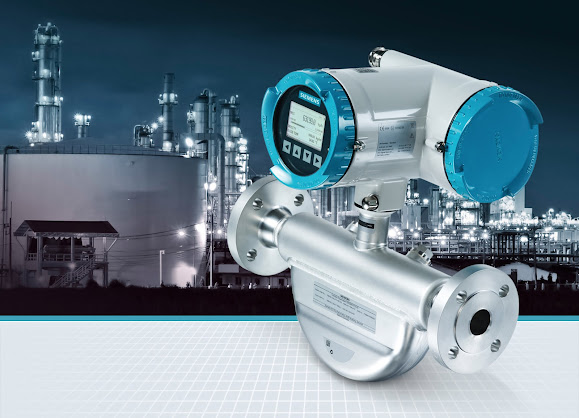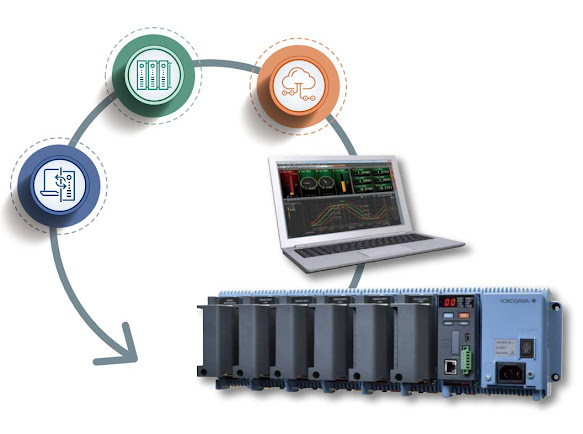How Do Flow Sensors Improve Industrial Process Efficiency?
In today's fast-paced industrial landscape, efficiency is the name of the game. From manufacturing plants to chemical processing units, every second counts. This is where best flow sensors in Australia come into play. These nifty devices might seem small, but they pack a punch when it comes to enhancing industrial process efficiency. Let's dive into how flow sensors can revolutionise the way industries operate.
What Are Flow Sensors?
Before we get into the nitty-gritty, let's start with the basics. Flow sensors are devices used to measure the rate of flow of liquids, gases, or slurries in a pipeline or system. They come in various types, including thermal, ultrasonic, electromagnetic, and turbine flow sensors, each suited to different applications. By providing real-time data on flow rates, these sensors play a crucial role in monitoring and controlling industrial processes.

Precision And Accuracy
One of the standout benefits of flow sensors is their precision and accuracy. In industries where even a slight variation in flow rates can lead to significant issues, having accurate measurements is critical. Flow sensors provide reliable data, ensuring that processes run smoothly and consistently. This level of precision helps in maintaining product quality, reducing waste, and minimising downtime.
Enhanced Control And Automation
Automation is the future of industrial operations, and flow sensors are at the heart of this revolution. By integrating flow sensors with control systems, industries can achieve a higher level of automation. These sensors provide real-time feedback to control systems, allowing for automatic adjustments to be made based on the data received. This not only improves efficiency but also reduces the need for manual intervention, leading to cost savings and improved safety.
Preventive Maintenance
Another significant advantage of flow sensors is their role in preventive maintenance. By continuously monitoring flow rates, these sensors can detect anomalies or irregularities that may indicate potential issues. For example, a sudden drop in flow rate could signal a blockage or leak in the system. Early detection of such problems allows for timely maintenance, preventing costly breakdowns and ensuring smooth operation.
Energy Efficiency
Energy consumption is a major concern in industrial processes. Flow sensors can contribute to energy efficiency by optimising the use of resources. For instance, in a heating or cooling system, flow sensors can ensure that the correct amount of fluid is being circulated, preventing overuse and reducing energy consumption. This not only lowers operational costs but also supports sustainability efforts.
Cost Savings
All the benefits mentioned above ultimately lead to significant cost savings. By improving precision, enhancing control, facilitating preventive maintenance, and boosting energy efficiency, flow sensors help industries save money in various ways. Reduced downtime, lower maintenance costs, and optimised resource usage all contribute to a healthier bottom line.
Real-World Applications
To put things into perspective, let's look at some real-world applications of flow sensors. In the chemical industry, they are used to monitor the flow of raw materials and ensure proper mixing ratios. In water treatment plants, flow sensors help in regulating the flow of water and chemicals, ensuring efficient treatment processes. In the food and beverage industry, they are crucial for maintaining consistency in production lines. These are just a few examples of how flow sensors are making a difference across various sectors.
Conclusion
The flow sensors are indispensable tools for improving industrial process efficiency. Their precision, ability to enhance control and automation, role in preventive maintenance, contribution to energy efficiency, and cost-saving benefits make them a valuable asset in any industrial setup. As technology continues to advance, we can only expect flow sensors to become even more integral to the future of industrial operations. So, if you're looking to boost efficiency in your processes, investing in high-quality flow sensors is a smart move.
By leveraging the power of flow sensors, industries can stay ahead of the curve, ensuring smoother, more efficient, and cost-effective operations.


Comments
Post a Comment